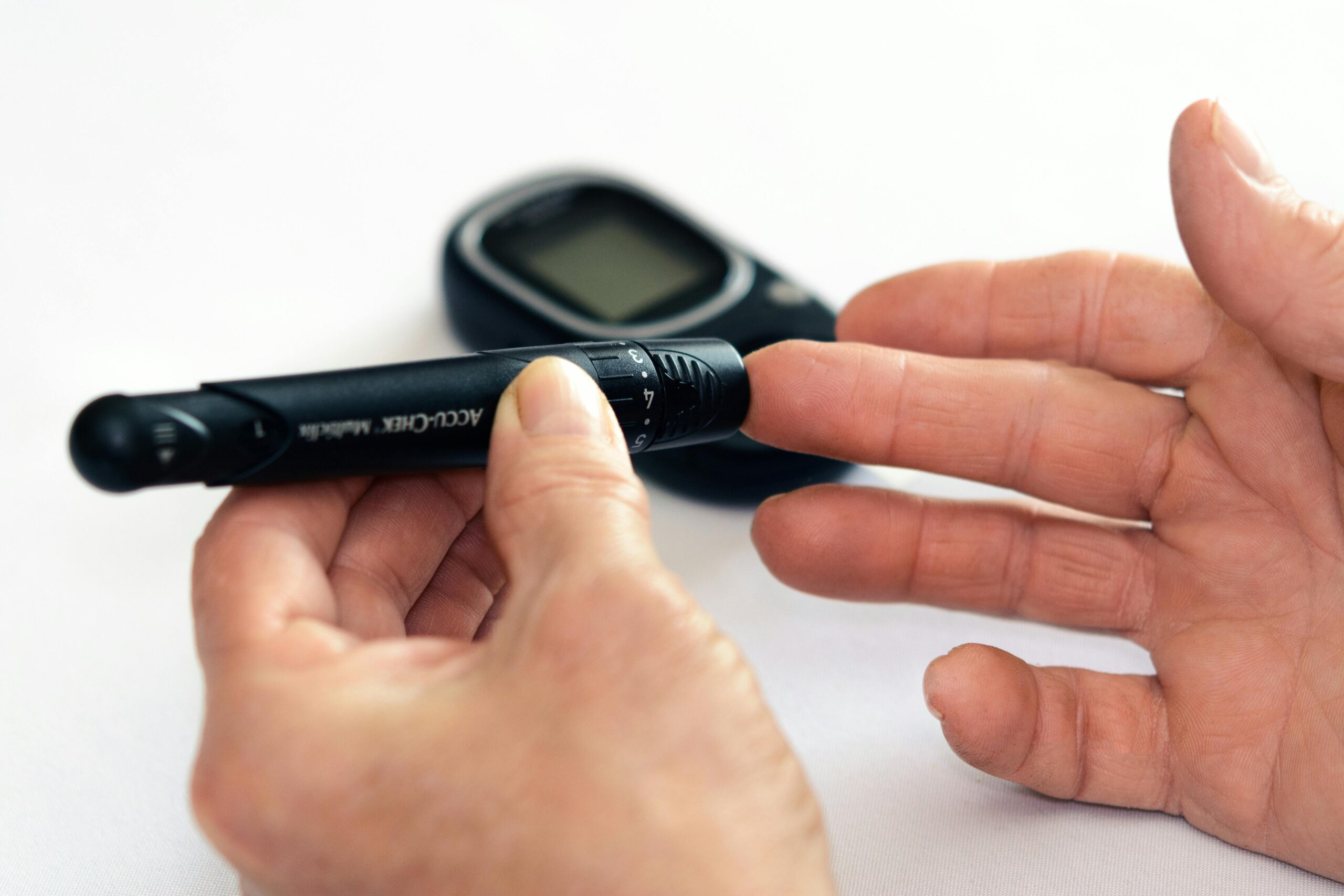Can Xanax Reduce Blood Pressure? Understanding the Connection
Xanax, a commonly prescribed anti-anxiety medication, belongs to the benzodiazepine family and is widely used for treating anxiety disorders, panic disorders, and symptoms of anxiety. Beyond its sedative effects, some individuals wonder if Xanax can impact blood pressure levels. This article explores the relationship between Xanax and blood pressure, its effects on the cardiovascular system, and potential risks for patients with hypertension or heart conditions.

What is Xanax?
Xanax, also known by its generic name alprazolam, is a type of benzodiazepine used to manage anxiety symptoms and panic disorders. As a mild tranquilizer, it works by enhancing the effects of gamma-aminobutyric acid (GABA), a neurotransmitter that calms abnormal brain signals and nervous system activity.
How Xanax Affects the Body
Xanax induces feelings of calmness, reduces anxiety symptoms, and can cause a drop in blood pressure as a secondary effect. Its sedative properties may result in a decrease in heart rate, nervous system depression, and muscle relaxation. However, it is not a first-line drug for managing blood pressure or cardiovascular issues.
Can Xanax Lower Blood Pressure?
While Xanax is not prescribed as a blood pressure medication, it can cause a drop in blood pressure in some patients due to its calming and sedative effects. By reducing stress and anxiety—common factors that lead to spikes in blood pressure—Xanax may indirectly help maintain blood pressure levels.
Anxiety and Blood Pressure
Anxiety can lead to elevated blood pressure and spikes in blood pressure due to increased heart rate and heightened stress hormones. Managing anxiety with medications like Xanax can reduce these spikes, contributing to improved cardiovascular function over time.
Xanax and Cardiovascular Health
For patients with hypertension, heart disease, or a history of cardiovascular events, understanding how Xanax interacts with blood pressure and the heart is crucial.
Potential Benefits
- Reduction in Stress-Related Spikes: Xanax’s ability to calm the nervous system may prevent acute blood pressure elevations during stressful situations.
- Improved Heart Rate: By promoting relaxation, Xanax may lead to a drop in heart rate, benefiting those with abnormal heart rhythms or heart palpitations.
Potential Risks
- Adverse Drug Effects: Using Xanax in conjunction with blood pressure medications like ACE inhibitors, calcium channel blockers, or antihypertensive drugs can lead to adverse drug effects, including excessive drops in blood pressure or heart rate.
- Addiction Risk: Xanax is an addictive drug with potential for misuse. Long-term use can lead to physical dependence and withdrawal symptoms, including spikes in blood pressure.
- Cardiovascular Events: Over-sedation may negatively impact cardiovascular function, increasing the risk of falls, respiratory depression, or other severe risks.
Common Side Effects of Xanax
Xanax has several common side effects that can affect blood pressure and heart health, including:
- Drowsiness and sedation
- Dry mouth
- Slurred speech
- Poor balance
- Shortness of breath
- Blurred vision
- Skin rash
- Drop in blood pressure
For patients with pre-existing cardiovascular disease, these side effects warrant careful monitoring and medical consultation.

Risks of Using Xanax for Hypertension
While Xanax may reduce blood pressure temporarily, relying on it for blood pressure management is not recommended. Long-term use poses risks such as:
- Tolerance and Dependence: Over time, higher doses may be required to achieve the same effect, increasing the risk of addiction and withdrawal symptoms.
- Adverse Side Effects: These include respiratory depression, drop in heart rate, and nervous system depression.
- Potential Risk Factor for Cardiovascular Disease: Improper use can worsen underlying heart conditions or lead to myocardial infarction (heart attack).
Alternative Treatments for Hypertension and Anxiety
For patients with hypertension and anxiety disorders, a comprehensive treatment plan is essential. Combining mental health support with cardiovascular care can improve overall health outcomes.
Blood Pressure Medications
Common medications for managing blood pressure include:
- ACE Inhibitors: Help relax blood vessels and lower blood pressure.
- Calcium Channel Blockers: Reduce heart rate and prevent spikes in blood pressure.
- Beta Blockers: Manage abnormal heart rhythms and decrease cardiovascular risk.
Non-Medication Strategies
Lifestyle changes and natural remedies can complement medical treatments:
- Regular exercise
- Balanced diet
- Stress management techniques, such as meditation
- Avoiding illegal drugs and substance use disorder
Mental Health Interventions
For anxiety disorders, alternative treatments include:
- Cognitive-behavioral therapy (CBT)
- Selective serotonin reuptake inhibitors (SSRIs)
- Non-addictive anti-anxiety medications
When to Seek Medical Advice
Patients experiencing severe anxiety, symptoms of heart conditions, or adverse side effects from Xanax should consult a healthcare professional. Conditions like untreated high blood pressure, nocturnal acid reflux, and elevated blood pressure require medical attention to prevent complications like ischemic heart disease events or hemorrhagic stroke.

Conclusion
Xanax can cause a temporary drop in blood pressure by reducing anxiety and calming the nervous system. However, it is not a substitute for antihypertensive medication or a primary treatment for heart health. Patients with hypertension, anxiety disorders, or cardiovascular conditions should work with healthcare providers to develop a safe and effective treatment plan. Combining prescription medications, lifestyle changes, and mental health support can promote long-term health and prevent severe risks like heart failure or stroke. Visit SAMHSA or contact us for more information.
Frequently Asked Questions
1. Can Xanax permanently lower blood pressure?
No, Xanax does not permanently lower blood pressure. Its effects on blood pressure are temporary and occur as a result of its sedative and calming properties. For long-term blood pressure management, other medications and treatments are more appropriate.
2. Is Xanax safe for patients with hypertension?
Xanax can be used by patients with hypertension under medical supervision. However, it is not a first-line treatment for high blood pressure and should only be used as prescribed by a healthcare provider.
3. Can Xanax interact with blood pressure medications?
Yes, Xanax can interact with certain blood pressure medications, such as ACE inhibitors or calcium channel blockers. These interactions may cause excessive drops in blood pressure or other adverse effects. Always consult a doctor before combining medications.
4. What are the risks of using Xanax for anxiety in heart patients?
Heart patients using Xanax may face risks such as respiratory depression, drop in heart rate, or interactions with heart medications. It is essential to monitor for side effects and follow a doctor’s guidance closely.
5. Are there natural alternatives to Xanax for anxiety?
Yes, natural alternatives include practices like meditation, yoga, and therapy. Non-addictive medications and natural supplements may also be used under professional guidance for managing anxiety without the risks associated with Xanax.




